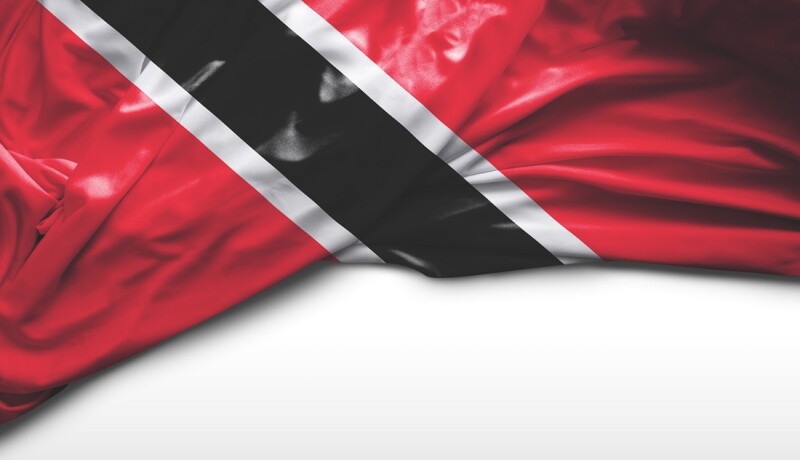From 2013 to 2018, the number of terrestrial and marine spills reported in Trinidad and Tobago trended upward. The total number of spills per year peaked at 103 in 2017, representing a total of 80,555 bbl of oil spilled. Oil spills may come from maritime traffic, ports, and oil and gas production and handling facilities. The consequences of spills include environmental pollution, ecosystem disturbance, and socioeconomic effects.
The Ministry of Energy and Energy Industries assessed the National Oil Spill Contingency Plan of Trinidad and Tobago (NOSCP) for its effectiveness as a preparedness and response mechanism. Using the Readiness Evaluation Tool for Oil Spills, the NOSCP attained a score of 42% in the Level A assessment. Gaps were identified in areas including national legislation, risk management, logistics, training and exercises, and operational response. Further, lessons learned from past spills were examined to highlight deficiencies in oil spill response planning and readiness.
Proposed updates to the NOSCP include: designation of an appropriate lead agency depending on the nature of the spill scenario, mandating oil-spill risk assessments and the use of the Spill Impact Mitifatioon Assessment process as a decision-making tool for oil-spill response; development of comprehensive guidelines for dispersant use, oiled wildlife response, and oil-spill waste management.
The NOSCP is being redesigned to facilitate a national response management system that meets best management practice for oil-spill contingency planning. This will enable the efficient and effective deployment of the appropriate resources (equipment, expertise, and oversight) to mitigate effects to human health and the environment and minimize production downtime and socioeconomic costs.

